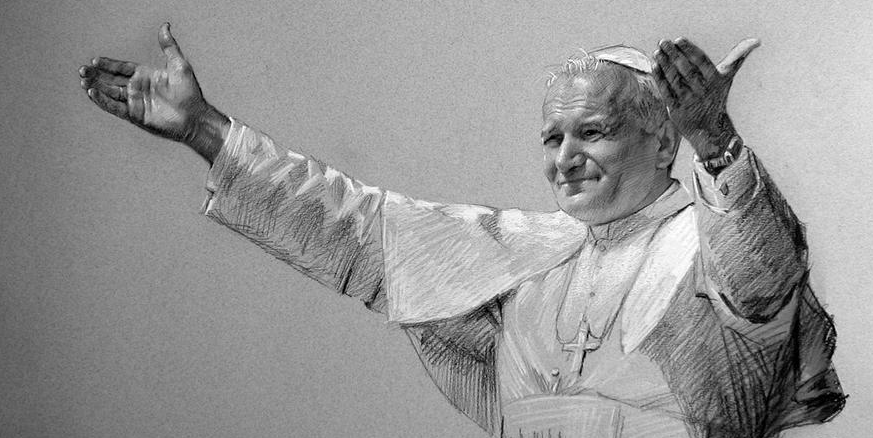The Moral Foundations of Capitalism
by Margaret Thatcher
It is important to understand that the moral foundations of a society do not extend only to its political system; they must extend to its economic system as well. America’s commitment to capitalism is unquestionably the best example of this principle. Capitalism is not, contrary to what those on the Left have tried to argue, an amoral system based on selfishness, greed, and exploitation. It is a moral system based on a Biblical ethic. There is no other comparable system that has raised the standard of living of millions of people, created vast new wealth and resources, or inspired so many beneficial innovations and technologies.
The wonderful thing about capitalism is that it does not discriminate against the poor, as has been so often charged; indeed, it is the only economic system that raises the poor out of poverty. Capitalism also allows nations that are not rich in natural resources to prosper. If resources were the key to wealth, the richest country in the world would be Russia, because it has abundant supplies of everything from oil, gas, platinum, gold, silver, aluminum, and copper to timber, water, wildlife, and fertile soil.
Why isn’t Russia the wealthiest country in the world? Why aren’t other resource-rich countries in the Third World at the top of the list? It is because their governments deny citizens the liberty to use their God-given talents. Man’s greatest resource is himself, but he must be free to use that resource.
In his recent encyclical, Centesimus Annus, Pope John Paul I1 addressed this issue. He wrote that the collapse of communism is not merely to be considered as a “technical problem.” It is a consequence of the violation of human rights. He specifically referred to such human rights as the right to private initiative, to own property, and to act in the marketplace. Remember the “Parable of the Talents” in the New Testament? Christ exhorts us to be the best we can be by developing our skills and abilities, by succeeding in all our tasks and endeavors. What better description can there be of capitalism? In creating new products, new services, and new jobs, we create a vibrant community of work. And that community of work serves as the basis of peace and good will among all men.
The Pope also acknowledged that capitalism encourages important virtues, like diligence, industriousness, prudence, reliability, fidelity, conscientiousness, and a tendency to save in order to invest in the future. It is not material goods but all of these great virtues, exhibited by individuals working together, that constitute what we call the “marketplace.”
Part Five will be published tomorrow.
